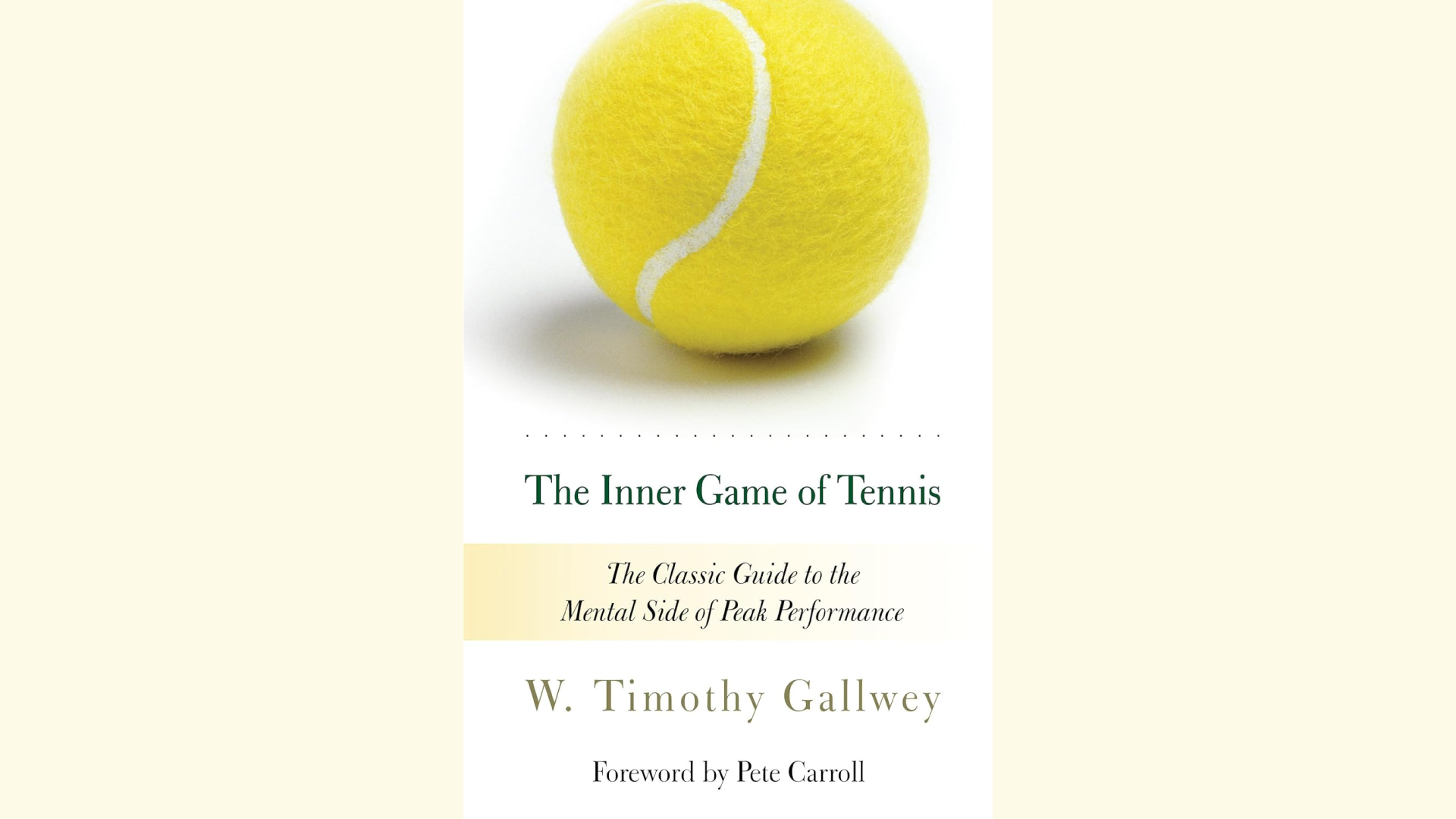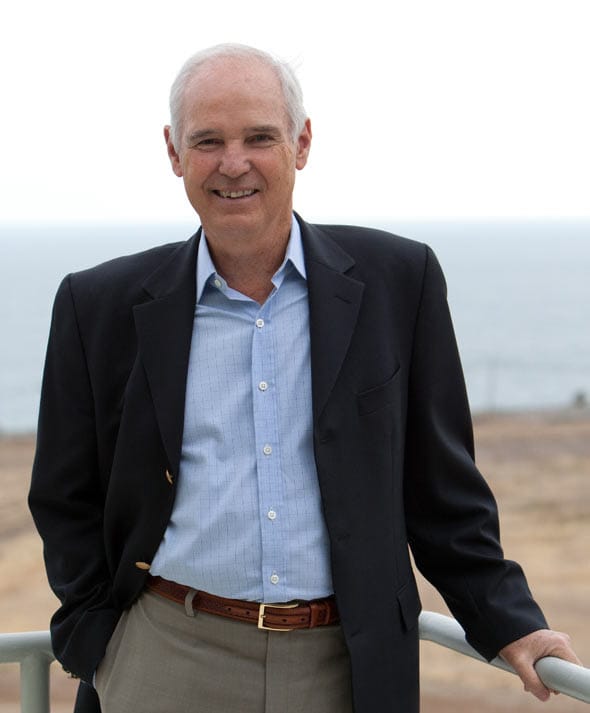Summary: Inner Game of Tennis by Timothy Gallwey

In the high-stakes world of entrepreneurship, mastering the mental game is as crucial as learning the business game. W. Timothy Gallwey’s "The Inner Game of Tennis" offers profound insights that transcend the tennis court, providing invaluable strategies for achieving peak performance and personal growth. Let’s delve into the fundamental concepts of this seminal work and explore their application in the entrepreneurial journey.
Self 1 vs. Self 2: Harnessing Your Inner Potential
Self 1 (The Ego): This part of the mind is the critical, analytical self, constantly evaluating performance. It’s your inner critic, always scrutinizing and often leading to self-doubt and anxiety. Self 1 is outcome-focused, preoccupied with success and failure.
Self 2 (The Unconscious Competence): This is the intuitive, automatic part of the mind that executes learned skills effortlessly. It’s your inner champion, thriving in a state of flow where actions occur naturally and efficiently. To achieve optimal performance, entrepreneurs must quiet Self 1, allowing Self 2 to operate freely, minimizing cognitive interference.
"Every game comprises two parts, an outer game, and an inner game. The outer game is played against opponents, and the obstacles are external. The inner game is played within the mind of the player, and its principal obstacles are self-doubt and anxiety." - W. Timothy Gallwey.
Practical Application: Trust your instincts and experience. Overthinking can hinder your natural decision-making abilities when launching a new product or negotiating a deal. Silence your inner critic and let your intuition guide you.
Focus and Awareness: Staying Present and Engaged
Process Orientation: Focus on the process rather than the outcome. Concentrating on the present moment and the sensory experiences involved in tasks can maintain a higher level of engagement and reduce performance anxiety. This approach fosters a state of flow, which is crucial for peak performance.
Mindfulness Techniques: Incorporate mindfulness practices to cultivate heightened awareness and concentration. Observe your actions and surroundings non-judgmentally to maintain composure and clarity under pressure.
"When we plant a rose seed in the earth, we notice that it is small, but we do not criticize it as 'rootless and stemless.' We treat it as a seed, giving it the water and nourishment required of a seed." - W. Timothy Gallwey
Practical Application: Stay present during high-stress situations like investor pitches or strategic planning sessions. Focus on the task at hand, not the potential outcomes. This mindset will enhance your performance and reduce stress.
Non-Judgmental Observation: Embracing Objectivity
Objective Feedback: Replace judgment with objective observation. Instead of labeling performance as good or bad, analyze actions neutrally. This approach helps identify areas of improvement without the emotional baggage of self-criticism.
Performance Metrics: Use data-driven metrics to assess performance. Focus on quantifiable aspects, detach emotionally, and view your performance objectively.
"The greatest efforts in sports come when the mind is as still as a glass lake." - W. Timothy Gallwey
Practical Application: Adopt a neutral, data-driven approach in team meetings or project reviews. Objectively evaluate successes and areas for improvement, fostering a culture of continuous growth.
Trusting Your Body: Relying on Your Expertise
Kinesthetic Learning: Trust your body’s ability to perform tasks mastered through practice. Overthinking can disrupt this natural competence. Allow muscle memory and kinesthetic intelligence to guide your actions.
Automaticity: Achieved through extensive practice, automaticity allows for effortless skill execution. Trusting this automaticity is essential, especially in high-pressure situations.
"Letting go of judgments about how you ought to hit the ball allows your body to swing more freely." - W. Timothy Gallwey
Practical Application: When making decisions or handling crises, rely on your experience and intuition. Trust the skills you’ve honed over years of practice.
Visualization and Relaxation: Preparing Mentally for Success
Mental Rehearsal: Visualization involves mentally rehearsing a successful performance. This technique programs your mind for success, creating neural patterns similar to those generated during physical practice.
Relaxation Techniques: Stress and tension hinder performance. Employ relaxation techniques like deep breathing and progressive muscle relaxation to maintain composure and reduce physiological arousal.
"The player of the inner game comes to value the art of relaxed concentration above all other skills." - W. Timothy Gallwey
Practical Application: Before important events like presentations or negotiations, visualize successful outcomes. Use relaxation techniques to calm your mind and body, enhancing your readiness and performance.

About W. Timothy Gallwey
W. Timothy Gallwey is a pioneer in performance coaching and a leading authority on the mental aspects of learning and performance. With a background in English literature from Harvard University and a deep passion for tennis, Gallwey revolutionized how athletes and professionals approach their respective fields. His groundbreaking book, "The Inner Game of Tennis," published in 1974, introduced the world to the concept of the "inner game"—the psychological battles that often impede performance more than physical challenges.
Gallwey's innovative techniques have since been applied beyond sports, influencing business leaders, educators, and performers in various domains. He has authored several other books, including "The Inner Game of Golf" and "The Inner Game of Work," further expanding his methodologies to different personal and professional development areas. His work emphasizes the importance of mental clarity, focus, and self-awareness, providing practical tools for overcoming internal obstacles and achieving excellence.
Applying the Inner Game to Entrepreneurship
Integrating Gallwey’s principles into your entrepreneurial journey can significantly impact your personal and professional growth. Here’s how:
- Personal Growth Mindset: Embrace non-judgmental observation and process orientation to enhance self-awareness and resilience.
- Emotional Intelligence: Trust your instincts and leverage mindfulness to stay present and composed.
- Skill Development: Rely on your expertise and automaticity to perform under pressure.
- Performance Optimization: Use visualization and relaxation techniques to prepare mentally for success.
By mastering the inner game, entrepreneurs can unlock their full potential, achieve peak performance, and navigate the complexities of the business world with confidence and clarity.
A Perfect Day for Entrepreneurs Using High-Performance Techniques from "The Inner Game of Tennis"
Morning: Start with Mindfulness and Visualization
- 6:00 AM: Begin your day with a session of mindfulness meditation. Spend 10-15 minutes focusing on your breath and observing your thoughts without judgment. This practice sets a calm, focused tone for the day.
- 6:30 AM: Engage in a brief visualization session. Mentally rehearse your critical daily activities, such as meetings, presentations, or strategic decisions. Visualize yourself performing these tasks successfully and confidently.
Mid-Morning: Trust Your Expertise and Stay Present
- 9:00 AM: As you start your workday, focus on process orientation. Whether drafting emails, making calls, or planning strategies, stay present. Trust your body and mind to execute tasks based on your experience and skills.
- 10:30 AM: During meetings or collaborative sessions, practice non-judgmental observation. Listen actively, provide objective feedback, and stay detached from emotional reactions. This approach fosters a constructive and growth-oriented environment.
Afternoon: Maintain Focus and Manage Stress
- 1:00 PM: After lunch, take a few minutes to practice relaxation techniques. Deep breathing exercises can help reduce stress and maintain composure.
- 2:00 PM: Approach high-stakes activities, like pitching to investors or negotiating deals, with a calm and focused mind. Trust your instincts and let your natural abilities guide you. Avoid overthinking and let your body perform what it has learned through practice.
Evening: Reflect and Prepare for Tomorrow
- 5:00 PM: Reflect on the day’s activities as your workday winds down. Use non-judgmental observation to assess your performance. Identify areas for improvement without self-criticism.
- 6:00 PM: Engage in light physical activity, such as walking or yoga, to unwind and transition out of work mode. This practice helps maintain a balance between work and personal life.
- 9:00 PM: Before bed, practice a final visualization session for the next day. Imagine yourself navigating through critical tasks and challenges with confidence and success.
Integrating these high-performance techniques into your daily routine can enhance productivity, maintain emotional balance, and achieve sustained personal and professional growth.
